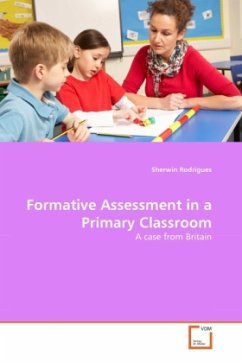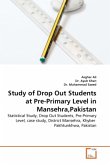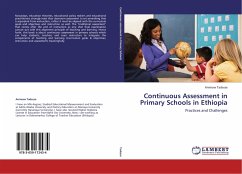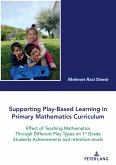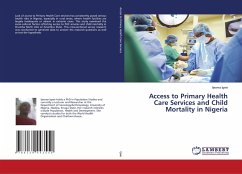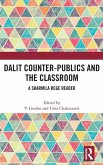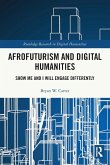This small-scale study aimed to investigate the forms of assessment used by a teacher during the Literacy Hour, a state initiative to encourage reading amongst primary students in Britain. The study explored various ways whereby a teacher assessed learners in the classroom. Based on a review of literature on assessment, the author developed a conceptual framework for this investigation. A case study approach was employed where data collection tools included interviews, observation and the use of complementary documentary evidence. Three elements of formative assessment questioning, feedback and observation emerged as central to a teacher's assessment practice in the classroom. Teacher questioning invited pupils to contribute ideas, elicited students' responses and acted as prompts to learners for cueing their replies. Teacher feedback indicated students' errors and explained why those were incorrect. Finally, observation entailed watching and listening to students, extending their responses and capitalizing on learning opportunities. It is hoped that this study will feed into the literature on assessment in general and formative assessment in particular.
Bitte wählen Sie Ihr Anliegen aus.
Rechnungen
Retourenschein anfordern
Bestellstatus
Storno

